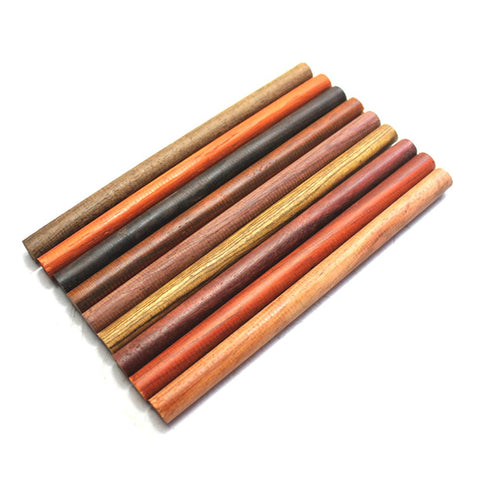For beginners in the world of woodworking, selecting the right wood for their projects can be a daunting task. With numerous wood species available, each with its own characteristics and complexities, it's essential to choose a wood that is easy to work with and forgiving of mistakes. In this article, we will explore some of the best wood options for beginner projects, considering factors such as availability, workability, affordability, and versatility.
Pine is often the top choice for beginners due to its accessibility, affordability, and ease of workability. It is a softwood with a relatively low density, making it easier to cut, shape, and join together. Pine also has a straight grain pattern, which simplifies the process of sanding and finishing. It is commonly used for small furniture projects, shelves, picture frames, and decorative items. Pine is available in various grades, so beginners can choose from knotty pine for a rustic look or clear pine for a cleaner, more refined appearance.
Poplar is another excellent wood option for beginners. It is a hardwood, but it is relatively soft and easy to work with. Poplar has a straight grain and a uniform texture, making it ideal for painting and staining. Its light color allows it to mimic more expensive woods when finished properly. Poplar is commonly used for small furniture projects, cabinets, trim, and craft items. It is readily available at most home improvement stores and is relatively affordable compared to other hardwoods.
Birch is a hardwood that offers a good combination of workability and stability, making it suitable for beginner projects. It has a straight grain with a fine texture, which allows for smooth cutting and carving. Birch is known for its pale, light-colored appearance, which can resemble maple or beech. It is often used for small furniture pieces, cabinets, shelving, and decorative items. Birch plywood is also widely available and can be used for larger projects such as bookcases or cabinets.
Ash is a hardwood that is known for its strength and durability. It has a light to medium brown color with a pronounced grain pattern that adds visual interest to projects. Ash is relatively easy to work with, and it responds well to both hand and power tools. It is commonly used for furniture projects, including tables, chairs, and cabinets. Ash is also a popular choice for turning projects such as bowls or handles. It is worth noting that ash has an open grain, which may require additional sanding and preparation for a smooth finish.
While not a natural wood, MDF is a popular choice for beginners due to its affordability and ease of use. It is made from wood fibers and resin, compressed into a dense, smooth board. MDF is consistent in thickness and has no knots or grain, making it easy to cut and shape. It is commonly used for indoor projects such as shelves, cabinets, and decorative items. However, it is important to note that MDF does not have the same strength and durability as solid wood and may not be suitable for projects that require load-bearing capabilities.
When selecting wood for beginner projects, it is also essential to invest in quality tools and safety equipment. Sharp cutting tools, such as chisels and saws, are crucial for achieving clean cuts and precise joinery. Additionally, wearing safety glasses, hearing protection, and a dust mask will help protect against potential hazards.
In conclusion, for beginners in woodworking, choosing the right wood is crucial for a successful and enjoyable experience. Pine, poplar, birch, ash, and MDF are all excellent choices that offer different characteristics and levels of workability. By starting with these beginner-friendly wood options, aspiring woodworkers can gain confidence, refine their skills, and create beautiful projects. Remember, practice makes perfect, so embrace the learning process and enjoy the journey of bringing your woodworking ideas to life.
